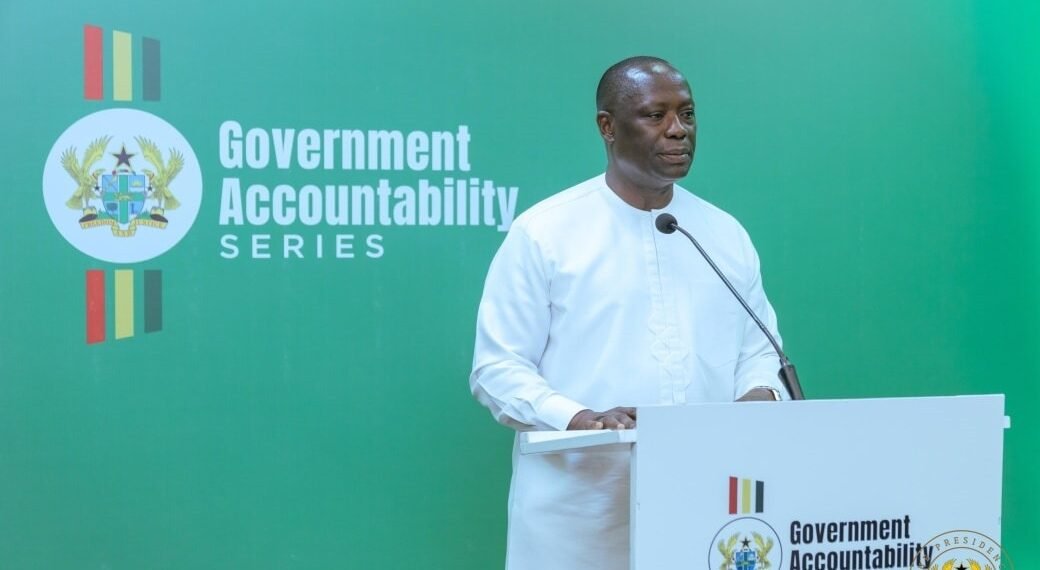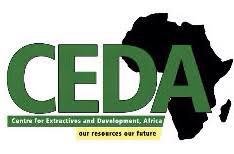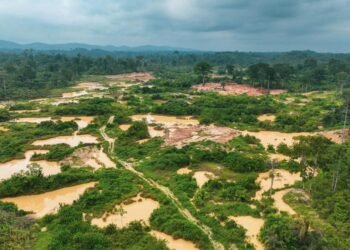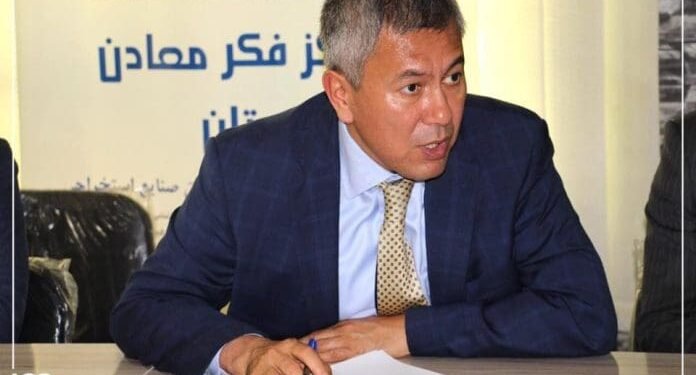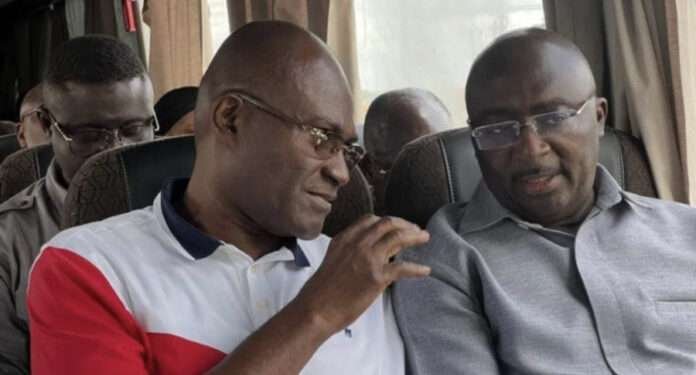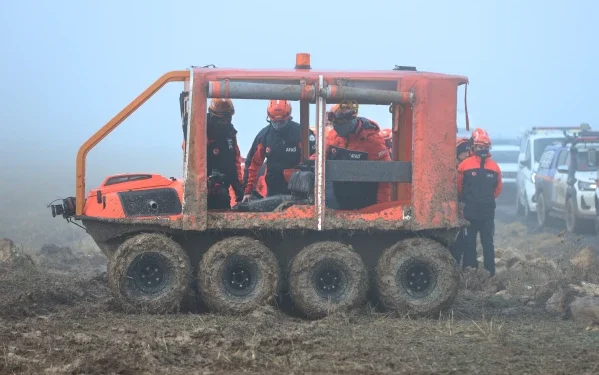The Ministry of Lands and Natural Resources has rolled out a major policy intervention aimed at reshaping Ghana’s small-scale mining sector and addressing the longstanding problem of illegal mining (galamsey).
The new initiative, known as the Responsible Cooperative Mining and Skills Development Programme (rCOMSDEP), seeks to integrate responsible mining practices with skills training, environmental restoration, and sustainable community development.
According to the Ministry, the rCOMSDEP builds on lessons from earlier initiatives such as the Community Mining Scheme and the National Alternative Employment and Livelihood Programme, but improves on their lapses through stronger coordination, efficient resource use, and broader community participation.
“The rCOMSDEP is fundamentally designed to achieve sustainable community transformation through three critical objectives: promoting environmentally responsible cooperative mining, providing skills training to empower youth and women, and restoring lands degraded by illegal mining for productive use.”
Ministry of Lands and Natural Resources
Illegal mining has devastated Ghana’s forests, water bodies, and farmlands, while fuelling social tensions in many mining areas.
The Ministry described rCOMSDEP as a comprehensive approach that addresses not just the environmental damage, but also the socio-economic drivers behind galamsey.
“The justifications for this intervention are to combat illegal mining operations, generate sustainable employment, elevate living standards, enhance worker safety, and safeguard critical natural resources.”
Ministry of Lands and Natural Resources
At the core of the programme is the “Cooperative Mining Scheme”, a new model that organizes miners into registered community-based cooperatives.
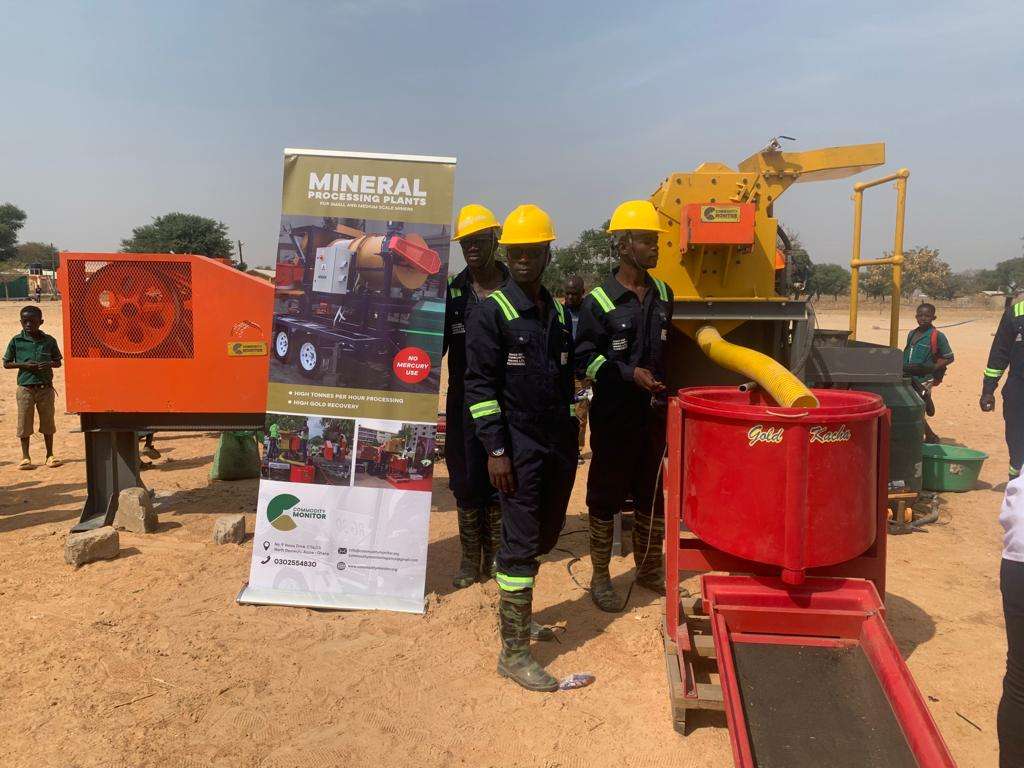
These groups will receive training, adhere to strict codes of practice, and operate with proper licenses and permits issued by the Minerals Commission and other regulatory bodies.
“This scheme represents a paradigm shift in artisanal mining governance, combining responsible resource extraction with community empowerment and environmental stewardship.”
Ministry of Lands and Natural Resources
Under the cooperative model, miners will be granted access to modern processing facilities equipped with mercury-free recovery technologies and water treatment systems, eliminating the dangerous and widespread use of mercury in gold processing.
The Ministry stressed that mining cooperatives will not be permitted to operate in river bodies, near watercourses, or within forest reserves.
Instead, operations will begin in designated areas identified by the Ministry in a phased rollout. “The cooperative mining scheme will be organized under mining groups registered with rCOMSDEP based in the communities,” the ministry added.
“Operators will be trained and sign onto Policy Guidelines and a Code of Practice.
“This initiative fosters the creation of locally owned cooperatives, providing professional training, legal concessions, and shared processing facilities that enhance efficiency while protecting the environment.”
Ministry of Lands and Natural Resources
Skills Development and Livelihoods
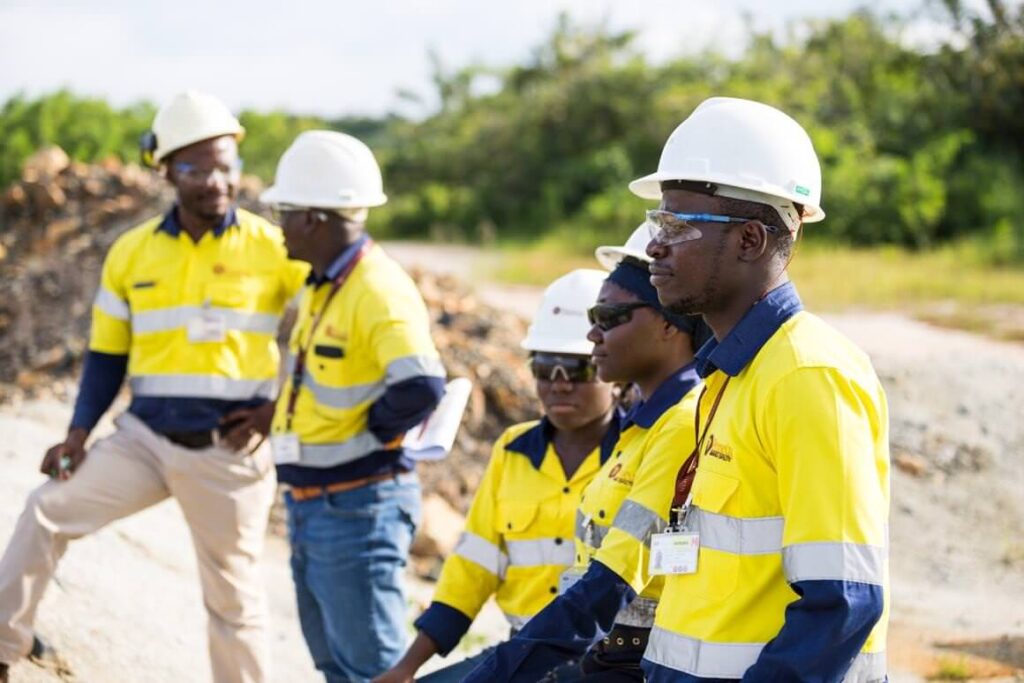
A key pillar of rCOMSDEP is its Vocational Training and Entrepreneurship component, designed to provide youth and women with skills in technical trades, agriculture, digital technology, and small business development.
This training is intended to offer alternative pathways to employment beyond mining, helping reduce dependence on illegal mining for survival.
The Ministry emphasized that this is not just a mining initiative, but a wider economic empowerment strategy.
“By equipping communities with relevant skills, we are creating conditions for self-employment and sustainable livelihoods, particularly in agriculture and agro-processing.”
Ministry of Lands and Natural Resources
Agricultural value chain development is also central to the programme, with plans to establish farming cooperatives and agro-processing facilities in mining regions. This, the Ministry said, would diversify local economies and improve food security.
Beyond mining and training, the programme prioritizes land reclamation and reforestation. Degraded lands will be restored for agriculture, forestry, and other productive uses, creating green jobs and reviving local ecosystems.
The programme also envisions broader community transformation through infrastructure development, including water systems, healthcare, education facilities, and renewable energy projects in mining areas.
By addressing both environmental degradation and socio-economic gaps, rCOMSDEP aims to turn mining communities into hubs of sustainable growth rather than victims of resource exploitation.
Community Engagement and Implementation
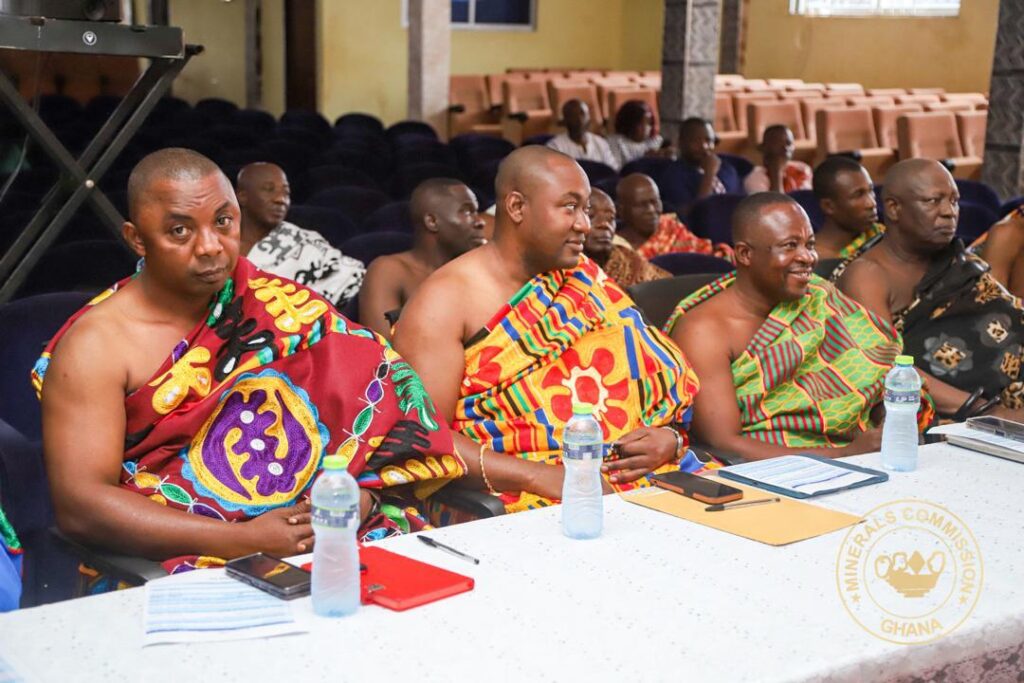
Implementation of the programme will be overseen by the rCOMSDEP Secretariat in collaboration with the Minerals Commission.
Officials will conduct extensive community engagements in selected areas, registering miners into cooperatives and guiding them through the licensing process.
The Ministry underscored that both government and communities can initiate applications for Cooperative Mining Licences, ensuring shared ownership of the reform agenda.
“This initiative is about giving power back to communities while ensuring that mining is carried out responsibly and sustainably.
“It is a collaborative process, and the success of rCOMSDEP will depend on strong partnerships between government, miners, and local residents.”
Ministry of Lands and Natural Resources
With the rCOMSDEP, Ghana is positioning itself as a leader in responsible artisanal mining governance in Africa.
By combining mining reform with skills development, environmental rehabilitation, and community infrastructure, the programme promises to not only curb galamsey but also transform mining areas into thriving economic zones.
READ ALSO: Ghana Set to Smash All 2025 Economic Targets – IC Research Hails Strong H1 Performance

